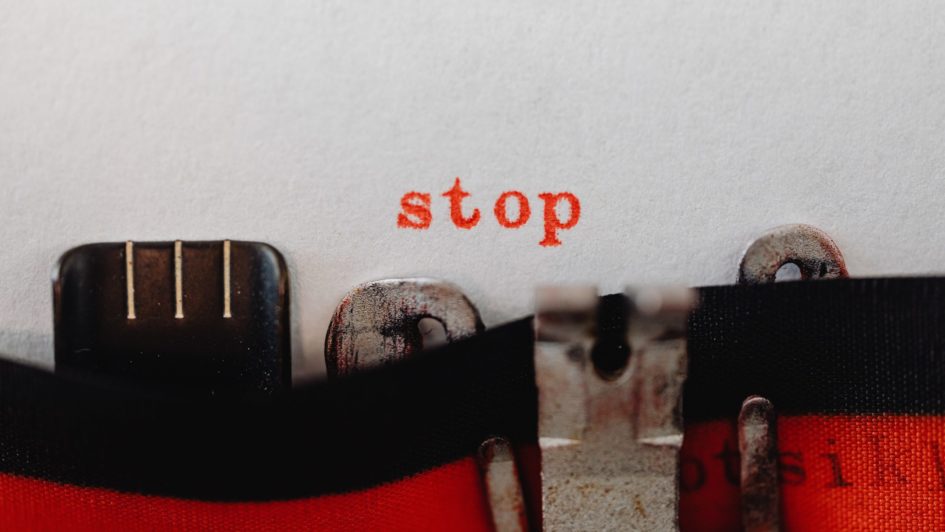I have been meaning to write this for well over a year. Knowing when to stop therapy is important. Along this journey, I have had many therapist. I have had therapist who weren’t trained in trauma – those therapist simply could not reach me. I have had other therapist who were properly trained in trauma, but we hit a road block and we could go no further. Typically these road blocks were caused by my inability to completely trust my therapist, along with my amazing ability to intellectualize the entire process. Intellectualizing isn’t a good thing – I deeply understood the process and the issues but through intellectualizing, I simply did not connect at the required emotional level needed to heal.
Throughout this journey, I have never once had a therapist suggest I seek help elsewhere, admit they had hit a roadblock and are unable to help further, or even professionally refer me out to another therapist. To be blunt, this pisses me off. So many times I realized my therapy sessions had turned into nothing more than us chatting about random topics. I felt they were only keeping me on as a client because I am paying hundreds of Euros to them each week. I simply find this unethical. If I am realizing there has been no progress for weeks or months and each session is just us chatting – you know therapist also realize this.
Once you notice there is a lack to progress, you need to have a very candid conversation with the therapist. Yes, there are times you will hit a roadblock – a roadblock that needs to be broken through. These roadblocks can take time to move. If your therapist is unable to break the road block, it is time to find another therapist. If not, you are wasting valuable time as this journey is unfortunately long journey. In many cases, there is only so much that you can learn from a particular therapist.
If you feel your therapist is not prioritizing you or your time correctly, it is time to find another. I once had a standing appointment with a therapist. I had to carefully craft my professional life around the time slot and protect that time from all my other responsibilities – not an easy task. During one session, my therapist informed me he had decided to use this time slot for his staff meetings and we needed to find another time. That was our last session together. His actions told me his priorities and I was not one of them. Our sessions also had stagnated, so part of me believed he did this in an effort to run me off as a client opposed to admitting he could not provide additional help.
There are also times when you will need a break in from therapy. This could be for several reasons. You may simply be out of energy to move forward and need time to internalize what you have learned. I have found great growth during my breaks in therapy. These breaks force me to put into practice all the things I had learned in therapy.
When you should not stop therapy is when you find things are uncomfortable to deal with. “Growth is found at the edge of our comfort zone.” When you push your boundaries, that is where you will start to grow. I now purposely seek out those situations that are uncomfortable for me – this is where I find my growth. In a sense, it a process of reconditioning ourselves – the same process that got us to CPTSD – but in reverse thus resulting in healing.
Currently, I have no therapist. The reason – I am done. But more on that later.

Leave a Reply
You must be logged in to post a comment.